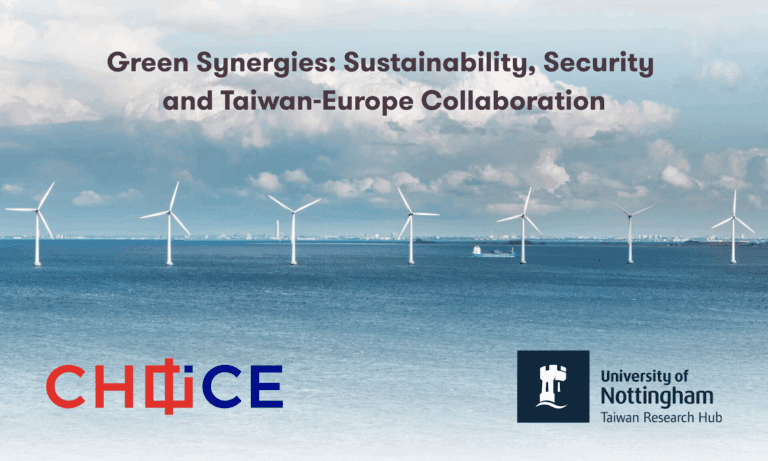Limited Welcome: Protecting the Media from Hostile Foreign Influence

A new policy paper by Ivana Karásková and Matej Šimalčík deals with the issue of protecting media from hostile foreign influence. Authors argue that media needs to be seen as a strategic industry. Especially during crises, such as COVID-19, external actors can misuse media to spread disinformation and competing narratives damaging to the health of democratic political systems. The possibility that foreign ownership can influence the content of media reporting on selected issues proved by MapInfluenCE research on Chinese media investment in Czechia. Reporting changed to exclusively positive after the CEFC investment.
Authors argue that a multifaceted approach is needed, combining various legal tools: investment screening mechanism, restrictions on foreign ownership, limiting state support for media owners, antitrust legislation, banning media cross-ownership, anti-SLAPP legislation etc. While these measures are mostly for the member states to implement, the EU should play a role in spearheading harmonizing the legislation on media protection, giving more support to independent journalism, perfect the existing tools such as the investment screening mechanism to better protect media and also improve its own democratic narratives to offset the impact of foreign influence.
Limited welcome: protecting the media from hostile foreign influence
July 2020
Ivana Karásková, Matej Šimalčík
Written by
Ivana Karásková
ivana_karaskovaIvana Karásková, Ph.D., is a Founder and Lead of CHOICE & China Projects Lead at the Association for International Affairs (AMO) in Prague, Czech Republic. She is a an ex-Fulbright scholar at Columbia University, NYC, a member of Hybrid CoE in Helsinki and European China Policy Fellow at MERICS in Berlin. She advised the Vice-President of the European Commission, Věra Jourová, on Defense of Democracy Package.
Matej Šimalčík
MatejSimalcikMatej Šimalčík is Executive Director of the Central European Institute of Asian Studies, a think tank based in Slovakia, and a European China Policy Fellow at MERICS. He is a member of MapInfluenCE, a regional initiative aimed at monitoring China’s economic and political influence in Central Europe, where he acts as an analyst for Slovakia.


